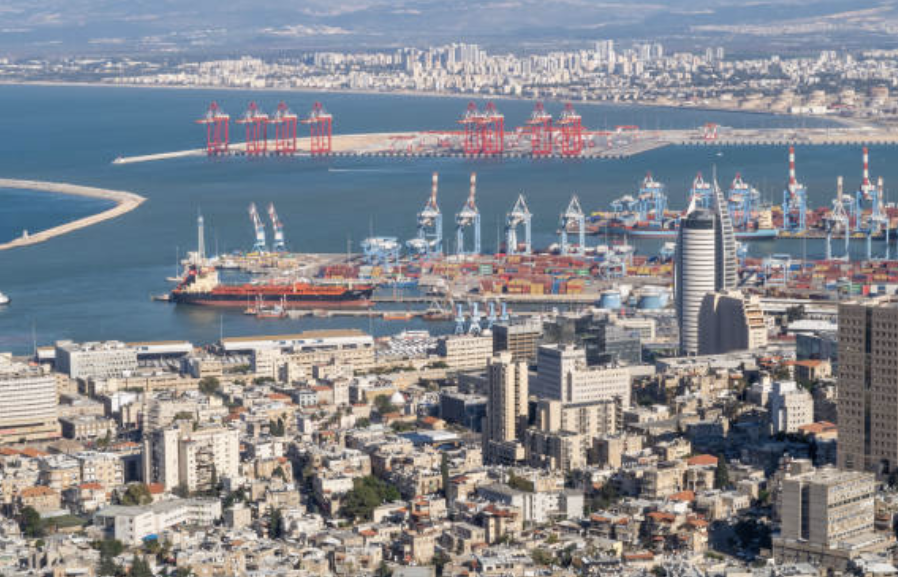Israel’s industrial landscape is rapidly evolving, with roll forming technology gaining traction across various sectors. From agriculture to automotive and construction, demand for specialized profiles continues to drive advancements in roll forming, making it a key component of the country's manufacturing future.
Emerging Trends in Roll Forming Technology
- Automation and Smart Manufacturing
Automation is transforming roll forming, especially in Israel's tech-savvy manufacturing sector. The integration of IoT and smart controls allows for real-time monitoring, ensuring efficient production and reduced downtime. This is particularly beneficial for high-volume industries like automotive and construction, where consistency and speed are essential. - Customization and Flexibility
Israeli manufacturers increasingly seek machines that support custom profiles tailored to specific applications, especially in industries like agriculture and construction. Roll forming machines that accommodate varying material gauges, unique shapes, and quick changeovers are in high demand. - Sustainable Production
Sustainability initiatives are pushing for environmentally friendly manufacturing processes, including the use of recyclable materials and energy-efficient roll forming systems. Solar and other renewable energy resources are expected to play a larger role in production facilities, aligning with Israel’s broader environmental goals. - High-Strength Materials
The need for lightweight, durable materials in construction and automotive industries is increasing the demand for roll forming machines capable of handling high-strength steel and advanced composites. Israeli manufacturers are increasingly investing in machines that can efficiently work with these materials.
Growth of Israeli Industries Using Roll Forming Machines
- Agriculture: As Israel's agricultural sector adopts modern infrastructure, roll forming machines are used to produce profiles for greenhouses, irrigation systems, and fencing. Profiles that offer corrosion resistance, longevity, and cost-efficiency are particularly favored in this sector.
- Automotive: The Israeli automotive industry, particularly in electric and autonomous vehicle development, requires high-quality, custom metal profiles. Roll forming supports the production of vehicle frames, battery enclosures, and other structural components that are lightweight yet strong, helping to improve fuel efficiency and safety.
- Construction: Roll forming is essential in Israel’s construction industry, which has seen a resurgence in recent years. Roofing, structural profiles, and support beams made through roll forming are widely used in both residential and commercial projects, due to the efficiency and precision the process offers.
Profiles in Demand
- Agricultural Profiles
Common profiles include those for greenhouse structures, support poles, and fencing. These profiles require resistance to outdoor elements, making galvanized and coated steel popular choices. - Automotive Profiles
For the automotive sector, custom profiles for frames and body reinforcements are in demand. Lightweight, high-strength materials are essential, with profiles often being thin-gauge but durable enough to withstand heavy use. - Construction Profiles
Roofing profiles, floor decking, and structural beams are essential in construction. In response to the growing focus on sustainable building materials, demand is rising for profiles that use recycled steel and offer excellent thermal performance.
Opportunities for Manufacturers and Buyers
Israeli businesses and investors in the roll forming industry are well-positioned to benefit from these trends. As demand for custom and sustainable solutions increases, opportunities for machine suppliers to innovate and deliver adaptable, efficient systems are considerable. Additionally, with the rise of automation and smart factories, manufacturers who can integrate advanced technology into their roll forming solutions will gain a competitive edge.
In summary, the future of roll forming in Israel is shaped by customization, sustainability, and technological innovation. With a robust demand from agriculture, automotive, and construction sectors, Israel’s roll forming industry is set to thrive, creating opportunities for manufacturers, machine suppliers, and industry stakeholders alike.




